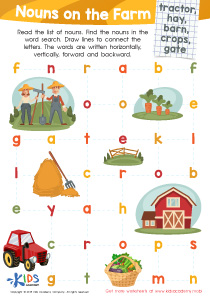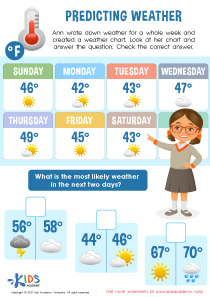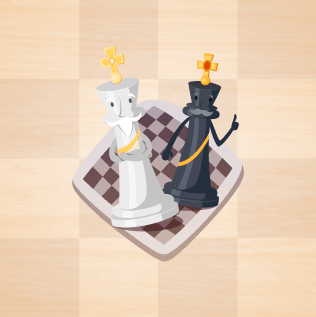Chess Lessons for Ages 4-6 - Page 2
35 results
Chess for Ages 4-6: A Gateway to Enhanced Learning for Children
In the dynamic world of early childhood development, integrating intellectually stimulating activities into a child’s routine can significantly impact their cognitive growth and academic performance. Chess for Ages 4-6 is an innovative program designed with this principle at its core, aiming to introduce young minds to the fascinating world of chess. This program is not just about teaching children the basics of chess but also about harnessing the game’s potential to enhance their learning abilities across various domains.
Why Chess for Ages 4-6?
At first glance, chess might seem like a complex game for children as young as 4 to 6 years old. However, with the right approach, it becomes an invaluable educational tool. Our Chess for Ages 4-6 program is tailored to fit the cognitive and emotional needs of children in this age group. Through interactive worksheets, educational videos, and assessment quizzes, the program ensures that learning chess is not only accessible but also immensely enjoyable for children.
Building Foundational Skills
Chess is much more than a game; it's a comprehensive exercise in problem-solving and critical thinking. By participating in our Chess for Ages 4-6 program, children learn to:
-
Develop Focus and Concentration: Chess requires players to think ahead and plan their moves. This practice helps children improve their concentration levels, a skill that is directly transferable to their academic studies.
-
Enhance Memory: Remembering the rules of the game, the positions of the pieces, and the strategies of opponents boosts memory power. A sharp memory is crucial for academic success, especially in subjects that require a lot of memorization.
-
Foster Logical Thinking: Chess teaches children to recognize patterns and understand the consequences of their actions. This enhances their logical thinking abilities, making it easier for them to grasp mathematical concepts and problem-solving techniques in their studies.
-
Improve Decision-Making Skills: Making informed decisions is a critical aspect of chess. Children learn to analyze situations, weigh their options, and make choices. This decision-making process is beneficial in real-life scenarios, including academic settings where they often need to choose between different methods or answers.















